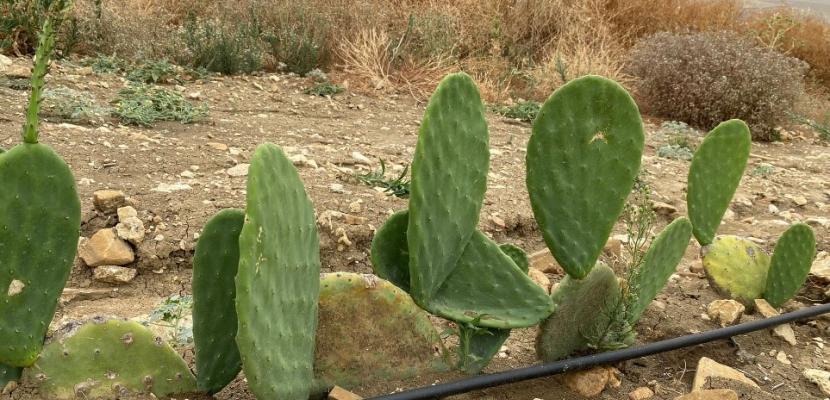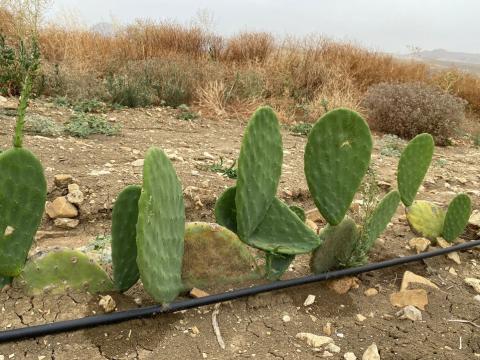
FertiMed - Sustainable and innovative soil improvers for Mediterranean crops

About this good practice
Sicilian agriculture, particularly in citrus and fodder prickly pear farming, faces severe soil degradation due to intensive farming practices. Current agricultural practices has led to a drastic decline in soil organic matter, which is essential for maintaining soil fertility, water retention and crop productivity. At the same time, anaerobic digestion plants in Sicily generate digestate, a nutrient-rich by-product of biogas production. Currently the digestate, and its potential amendment, is underutilized due to challenges related to its application and transport. The FERTIMED project aims to spread the knowledge and use of micro-filtered digestate in citrus and fodder prickly pear farms (strategic sectors for employment and income in Sicilian agriculture). The distribution of digestate was done in fertigation with drip lines, ensuring max efficiency of use of the nutrients and water it contains. There were 8 partners actively involved in the OG activities. University of Catania (scientific coordinator) proposed innovation to the lead company, who has installed microfilter plant of its digestate. 4 farms have provided experimental fields. 1 organization of producers evaluated the quality of the citrus obtained. Regional authorities supported the implementation of the practice, facilitating the regulatory framework, ensuring compliance with environmental and agricultural standards and helped to promote and transfer results and knowledge to other farmers and stakeholders
Expert opinion
Resources needed
Total budget expended: 477.970,81 € VAT included
- Personnel costs: 159.784,49 €
- Travel costs: 11.075,84 €
- Subcontracting and experts: 247.324,45 €
- Intangible investment: 4.000,00 €
- Goods: 16.227,37 €
- Indirect costs: 39.558,66 €
Evidence of success
The microfiltration plant rented by the lead company was redeemed by another company that produces biogas (therefore digestate) in Sicily to implement the production of microfiltered digestate as a routine practice. After the project's conclusion, about 30 farmers use microfiltered digestate instead of chemical fertilizers (reported a 30-40% reduction) for an agricultural area of about 100 ha. Moreover, the innovative system has been implemented also for others crops (i.e., olive orchards)
Potential for learning or transfer
The project offers key insights for public authorities and policymakers, particularly in the areas of circular economy, sustainable agriculture and soil health management. By leveraging existing biogas infrastructure and providing policy support, public authorities can scale up this cost-effective, climate-friendly solution, contributing to agroecological transitions and sustainable resource management at broader scales. The results can be adopted in other contexts and in other territorial contexts. The basic assumption is simple to realize: digestate exists wherever there are anaerobic digestion plants. A specific type of digestate to be microfiltered is not required. Moreover, the results of the project were tested on a real scale and not in a laboratory. The plants used for the tests work on a real scale. So, the proposed innovations can be immediately implemented within agricultural companies in ordinary conditions, without specific adaptations of the proposed initiative


